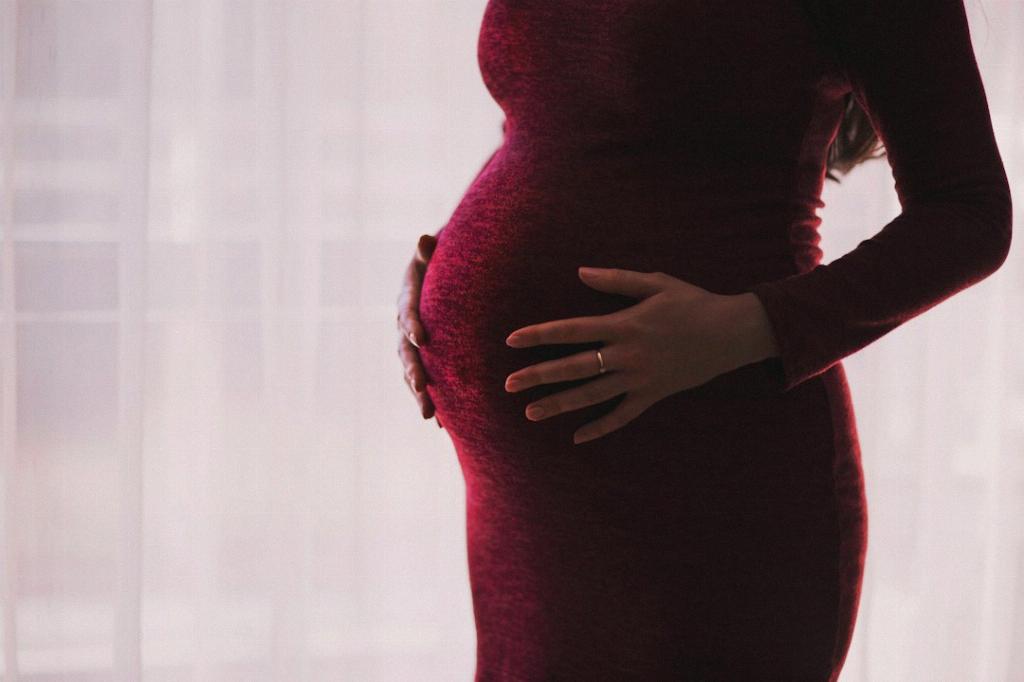When it comes to pregnancy, there are a multitude of concerns that can arise, and one of them is the presence of blood clots. It is important to note that not all instances of blood clots during pregnancy indicate a miscarriage. However, it is crucial to understand the potential implications and seek medical attention if you have concerns.
Normal Pregnancy Symptoms vs. Signs of Miscarriage
During pregnancy, it is common to experience some degree of bleeding. This can range from light spotting to heavier bleeding. In some cases, blood clots may also be present. It is essential to differentiate between normal pregnancy symptoms and signs of a potential miscarriage.
Understanding Miscarriage
A miscarriage is the loss of a pregnancy before 20 weeks gestation. It can be a traumatic experience for expecting parents, and the presence of blood clots can be a cause for concern. However, not all instances of blood clots result in a miscarriage.
Causes of Blood Clots During Pregnancy
There are various reasons why blood clots may occur during pregnancy. Some common causes include implantation bleeding, cervical changes, or even the presence of a subchorionic hematoma. It is essential to consult with a healthcare provider to determine the underlying cause.
Signs of Miscarriage
In some cases, the presence of blood clots during pregnancy may be accompanied by other symptoms that indicate a miscarriage. These symptoms may include severe abdominal pain, cramping, and passing of tissue. If you experience these symptoms, seek medical attention immediately.
Seeking Medical Attention
If you are experiencing heavy bleeding with blood clots during pregnancy, it is crucial to contact your healthcare provider promptly. They can perform an assessment to determine the cause of the bleeding and recommend appropriate treatment options.
Diagnostic Tests
Your healthcare provider may recommend diagnostic tests such as an ultrasound to assess the status of the pregnancy. This can help determine if there are any underlying issues contributing to the bleeding and blood clots.
Treatment Options
The treatment for blood clots during pregnancy will depend on the underlying cause. In some cases, close monitoring may be recommended, while in others, interventions may be necessary. It is essential to follow your healthcare provider’s recommendations for the best possible outcome.
Emotional Support
Coping with the possibility of a miscarriage can be emotionally challenging. It is essential to seek support from loved ones, healthcare professionals, or counseling services if needed. Taking care of your emotional well-being is just as important as your physical health.
Conclusion
In conclusion, the presence of blood clots during pregnancy does not always mean a miscarriage. It is essential to stay informed, seek medical attention if needed, and take care of your emotional well-being throughout the process. Remember that you are not alone, and support is available.

